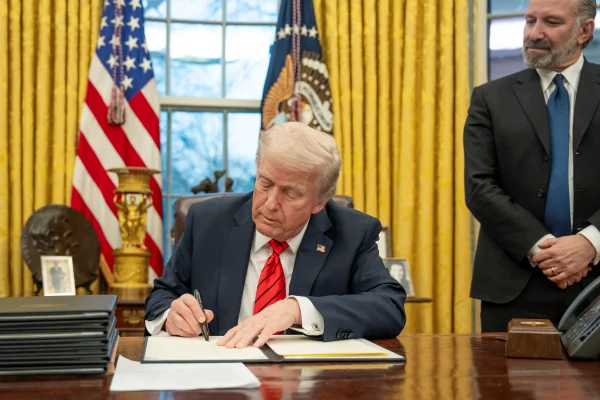Brittney Griner Released From Russian Prison
After 294 days in Russian prison, Brittney Griner is back on U.S soil.
On December 8, Griner was exchanged for Russian arms dealer Viktor Bout, in a prisoner swap. Bout was arrested in 2008 for conspiring to kill Americans.
Brittney Griner is a WNBA Center for the Phoenix Mercury. She was born and raised in Houston, Texas, and stayed in-state for her college career, attending Baylor University in Waco. Her junior year at Baylor, in 2012, she led her team to a 40-0 season and took home the national championship.
Griner was the first overall pick by the Phoenix Mercury in the 2013 WNBA draft and has been dominating the league since. She is an eight-time all-star and currently fourth all time in blocked shots in only nine seasons played. She also has played overseas in Russia during the WNBA offseason since 2015. Her team, UMMC Ekaterinburg, has won the Russian championship in every season she has played for them.
This past February, however, Griner’s success came to a screeching halt. She was detained in a Russian airport on her way home for having 0.7 grams of hash oil in a vape cartridge in her luggage, an illegal substance in Russia. She was later sentenced to nine years in prison.
Given the notoriety of both Griner and Bout, many are speculating how this could affect future Russian and American relations.
“Releasing a known terrorist back to an autocratic government is never really beneficial for the world, so I feel there could be some serious negative impact in releasing Viktor Bout.”
Ben does, however, see the exchange as a success for the US.
“Anytime we recover an American citizen from abroad, especially from a country like Russia, it’s a success.”
History and Global Studies teacher Michael Doubleday, who sees Russia and the U.S. as “political adversaries,” is not concerned about how this exchange will affect their relationship.
“I don’t think it’s going to have any impact on future relations between the two countries,” he said. “I expect them to follow the status quo.”
Russia and the U.S have engaged in prisoner swaps in the past. For example, in 1962, the U.S. traded KGB spy Rudolf Abel for pilot Gary Powers.
Griner’s release on the grounds of “wrongful detainment” has also raised questions about Americans detained in the United States for similar charges regarding marijuana. Over 40,000 people are locked up at any given time in the U.S. for weed-related incidents according to the Last Prisoner Project, a nonprofit focused on cannabis criminal justice reform.
Senior, Jake St. Marie, sees this situation as an injustice.
“It’s ridiculous that those who are serving time for charges similar to Griner’s have not been pardoned,” Jake said.












